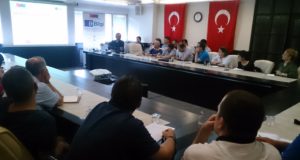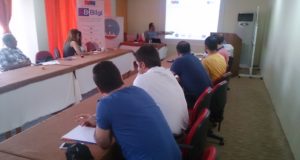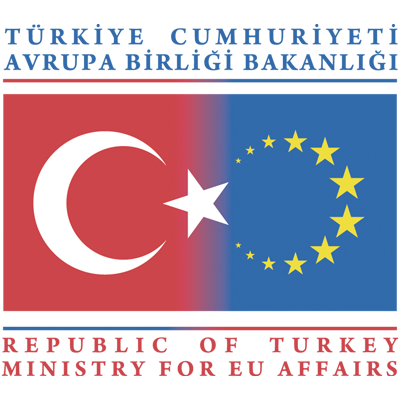The Erasmus+ program is known for promoting scholarships in EU universities but reaches far beyond; promotes partnerships between organizations to improve educational processes and share knowledge. An example of this is the ESMYA project, Sentenced Education for Minors and Young Adults.
The program Erasmus+ has been developed through three lines of action: learning mobility, support for education policies and cooperation. Over three decades the European Union has granted three million scholarships in member countries and in five Turkish universities. Meanwhile, in the area of cooperation they have developed programs that go beyond the partnerships established between academic institutions and college education. In fact, Erasmus + has allowed the consolidation of 25,000 strategic alliances, 150 partnerships in areas of knowledge and 1000 training partnerships.
Within this field of cooperation a group of eight organizations from different member countries, has developed the “Education for Sentenced Minors and Young Adults, ESMYA” program. His goal for three years has been to improve the processes of education and skills improvement for young people who are under judicial measure, so as to favour their access to employment and reduce recidivism.
FAIM Foundation for Comprehensive Care for Children (Spain) is the coordinating organization for the programme in partnership with the Ministry of Justice of Italy, Cyprus Prison Department, the University of Limburg (Belgium) and the National University for Public service (Hungary), the Romanian Centre for Education and Human Development, the National Probation service of Hungary and the Euro-CIDES association.
For project development and sustainability of the results has been essential work in the content as in the form of programs with sentenced minors and, also, taking into account the security restrictions and high specialization and individualization educational support for minors and young adults offenders
To carry out the work, all organizations implemented the same project: group intervention with young offenders to let them acquire skills for access to employment. From their perspective, each organization analysed the possibilities of the project and weaknesses, so that now, all organizations can benefit from the knowledge they have acquired as a team. The project findings will be presented in Zaragoza (Spain) on September 30.
 EU in Turkey
EU in Turkey
 Ab-Bilgi
Ab-Bilgi











